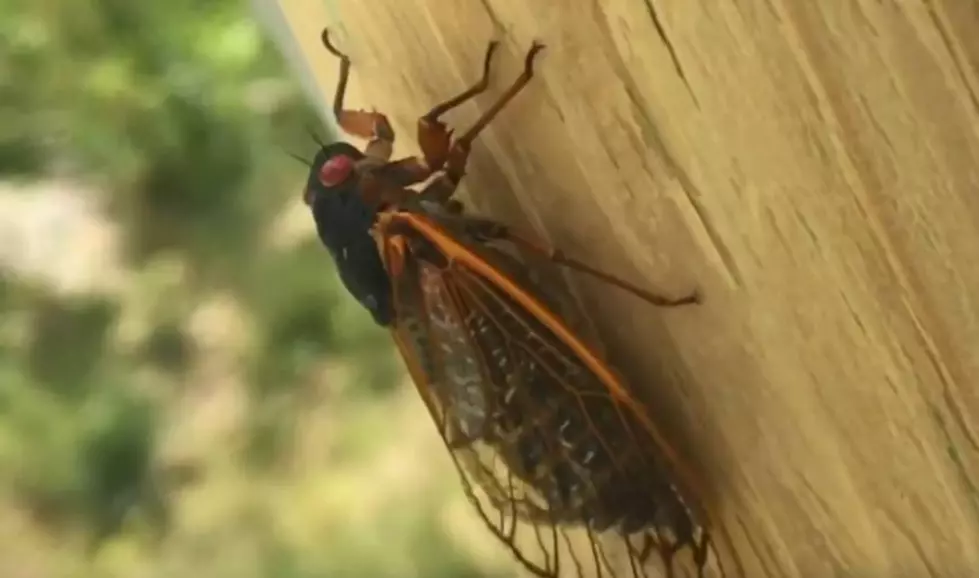
Answers to 30 Common COVID-19 Vaccine Questions
On Dec. 14, 2020, the United States began vaccinating people against the SARS-CoV-2 virus that causes the COVID-19 illness. The vaccine rollout has been very fast, as the virus was only identified for the first time in November 2019. While impressive, this speed has also left a lot of people with a lot of questions. The questions range from the practical--how will I get vaccinated?--to the scientific--how do these vaccines even work?
A successful vaccination campaign relies on a large enough group of people getting the vaccine in order to achieve what is known as herd immunity. While that exact number is still unknown, it is estimated the 80-90% of the population must be immune--either by vaccination or prior exposure to the virus--in order to achieve herd immunity. This means it's extremely important that people feel confident in the vaccines and vaccination process.
In order to help people better understand both, Stacker scoured news outlets and public health resources, especially the Centers for Disease Control's (CDC) COVID-19 vaccines FAQ site, to compile and answer 30 common questions about COVID-19 vaccines. This resource will explain how the vaccine works, when and how you should expect to receive yours, how it will be distributed, who should and shouldn't get the vaccine, when more vaccines will be available, and what to expect now that scientists are discovering new coronavirus mutations even as vaccinations are taking place.
LOOK: Answers to 30 common COVID-19 vaccine questions
While much is still unknown about the coronavirus and the future, what is known is that the currently available vaccines have gone through all three trial phases and are safe and effective. It will be necessary for as many Americans as possible to be vaccinated in order to finally return to some level of pre-pandemic normalcy, and hopefully these 30 answers provided here will help readers get vaccinated as soon they are able.
KEEP READING: See 25 natural ways to boost your immune system
More From WOMI-AM





![You Can Buy Owensboro Christmas Ornaments All Year Long [Photos]](http://townsquare.media/site/76/files/2021/02/Ornaments.jpg?w=980&q=75)



